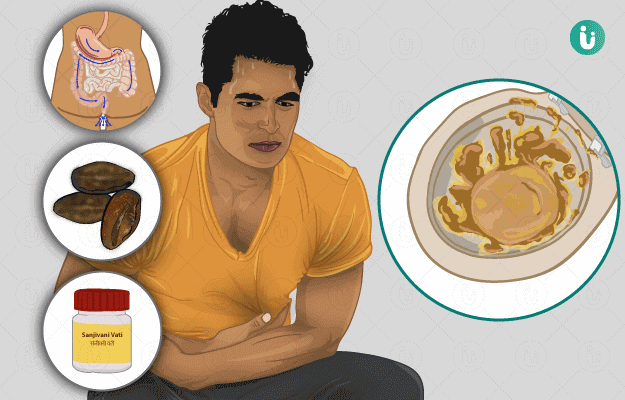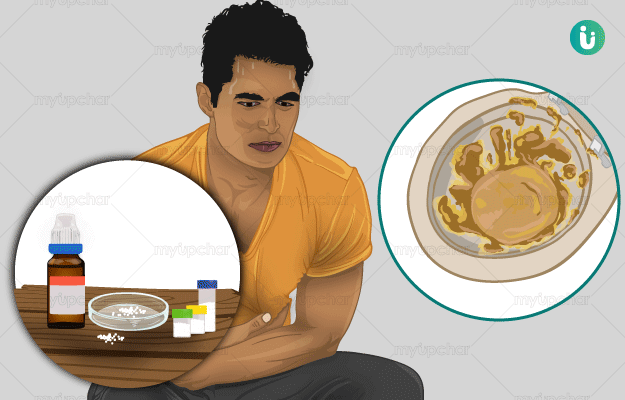Diarrhoea is the condition in which a person has loose watery bowel movements at least three times a day. The condition can last from a few days to weeks depending upon the type of infection. It may or may not be accompanied by abdominal bloating, gas or flatulence. Fluid loss caused due to diarrhoea can often lead to dehydration.
With time, diarrhoea can often become more severe and lead to other conditions such as a decreased responsiveness, urination, heart rate, and loss of skin colour. Diarrhoea can affect people of all age groups. It is one of the main causes of death and disease, especially among young children in low-income countries, according to the World Health Organization.
(Read more: Ayurvedic treatment for diarrhoea)
Why do you get diarrhoea?
Diarrhoea can be caused due to a wide variety of reasons which have been mentioned below. It, however, is mostly caused due to the ingestion of contaminated water.
- The main causal organisms of diarrhoea include bacteria, virus, or a parasite.
- The types of virus that cause diarrhoea include Rotavirus, Adenovirus, and Norovirus.
- Bacterial infections cause a more serious type of diarrhoea. The bacteria causing diarrhoea include Shigella, Campylobacter, Escherichia coli, Yersinia, Listeria and Salmonella.
- The main parasites responsible for causing diarrhoea include Entamoeba histolytica, Giardia lamblia, and Cryptosporidium. Read more: Parasitic infection
- Certain other diseases of the intestine such as irritable bowel syndrome, celiac disease and microscopic colitis can also cause diarrhoea.
- Reactions to certain medications used for gout, blood pressure, cancer and even antibiotics.
- Certain allergies such as lactose intolerance can cause diarrhoea as well.
- Alcohol abuse, ie overconsumption of alcohol can also be a cause for diarrhoea.
- Some types of cancer such as lymphoma, pancreatic cancer, and colon cancer could cause diarrhoea as well.
Signs you have diarrhoea










